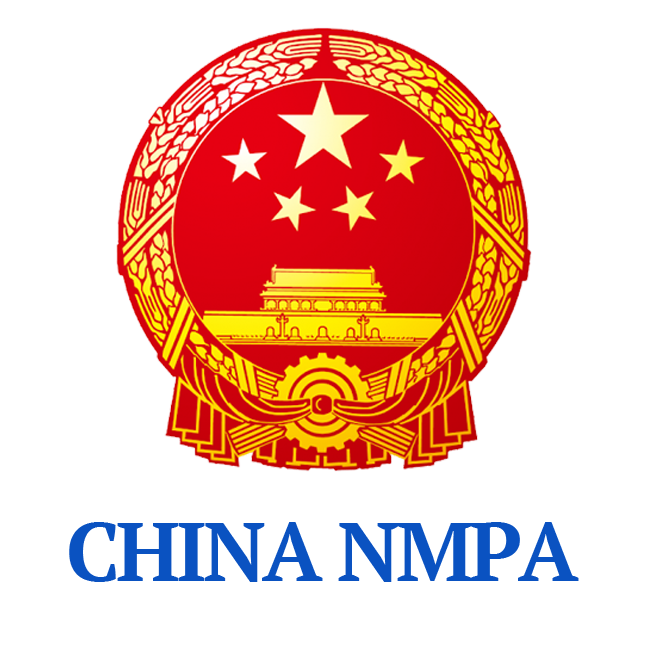
On May 16th, Kwai, the second-largest short video platform in China(No.1 is Tiktok/Douyin), issued relevant rules for cross-border e-commerce. It clearly indicates that the following four categories “beauty/personal care cleaning”, “food”, “watches”, “luxury”, are now accepting cross-border e-commerce store applications.
Kwai import merchants cooperation conditions
Kwai import merchants must meet the following conditions before they can open stores in accordance with the procedures set by the Kwai import e-commerce platform system:
(1) Pass real-name authentication and provide their true and valid information;
(2) After investigation by the Kwai import e-commerce platform, it is determined that the actual controller of the account has not been punished by Kwai for specific serious violations or a situation that seriously endangers the security of the transaction has occurred;
(3) The merchant has effectively signed the Kwai Import E-commerce User Agreement and the Kwai Import E-commerce Platform Shop Service Agreement” and promised to abide by all rules and requirements of the Kwai Import E-commerce Platform.
Merchants should meet the requirements of the “Kaishou Import E-commerce Investment Management Rules”.
Merchants need to pay various fees in accordance with the tariff standards for the opening categories. For specific standards, please refer to the “Kwai Import E-commerce Margin Rules”.

















